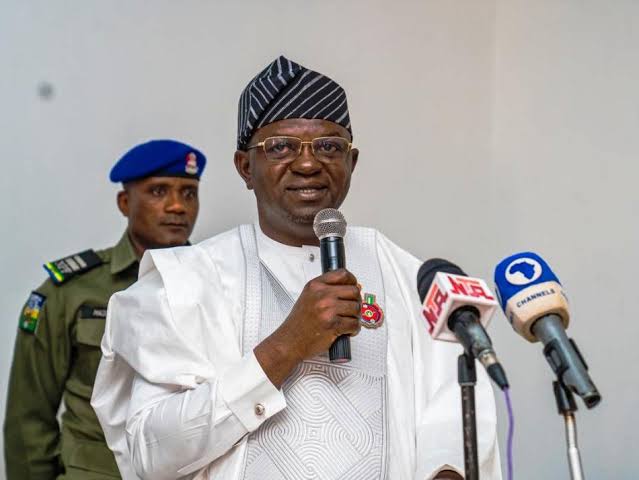The Federal Ministry of Water Resources and Sanitation, under the leadership of Professor Joseph Utsev, has embarked on an ambitious program to expand irrigation infrastructure across Nigeria, aiming to bolster food security, generate employment opportunities, and stimulate economic growth. With a total of 395,624 hectares of land earmarked for irrigation, the ministry has already developed 154,000 hectares, engaging over 1.6 million farmers in these vital agricultural projects. This focus on irrigation aligns with President Bola Tinubu’s administration’s commitment to revitalizing the agricultural sector and ensuring food sufficiency for the nation.
Beyond irrigation, the ministry has made significant strides in improving access to clean water and sanitation. Under President Tinubu’s leadership, 628 water supply projects have been completed, providing potable water to over 451,000 Nigerians. This achievement underscores the government’s dedication to improving public health and well-being by ensuring access to a fundamental necessity. Furthermore, the “Clean Nigeria, Use a Toilet” campaign has been expanded to cover an additional 40 local government areas, bringing the total to 142. This initiative is crucial in addressing open defecation, improving sanitation standards, and preventing waterborne diseases, thereby contributing significantly to public health.
The ministry is also prioritizing dam construction and rehabilitation, recognizing their multifaceted role in water resource management. Several dams are nearing completion, including Magro Dam in Plateau State, Obese Dam in Ekiti State, Kashimbila Multipurpose Dam in Taraba State, Irawo Dam in Oyo State, Monkey Dam in Taraba State, and Kari Dam in Akwa Ibom State. These projects are expected to provide a reliable water source for irrigation, domestic consumption, and hydropower generation, while also mitigating the risk of flooding. The completion of these dams will represent a significant step towards achieving sustainable water resource management and fostering economic development in the respective states.
Following the devastating floods caused by the overflow of the Alau Dam in Borno State in 2023, President Tinubu’s swift response, including a visit to the affected area and the subsequent directive for a nationwide dam assessment, highlights the administration’s commitment to proactive disaster management and infrastructure resilience. Funds have been approved for the reconstruction and upgrade of the Alau Dam, with the redesigned facility poised to enhance irrigation capacity and generate hydropower, turning a potential liability into a valuable asset. This decisive action demonstrates the government’s commitment to learning from past events and investing in infrastructure that can withstand future challenges.
The Dasin Hausa Dam project in Adamawa State is another critical undertaking by the ministry, aimed specifically at mitigating the impact of floods caused by the release of water from Cameroon’s Lagdo Dam. With the study and design phase completed, the ministry is currently procuring a transaction advisor, marking significant progress in the realization of this crucial project. Upon completion, the Dasin Hausa Dam will not only provide irrigation, water supply, and hydropower but will also serve as a vital flood control mechanism, protecting communities and agricultural lands from the devastating consequences of seasonal flooding.
In conclusion, the Ministry of Water Resources and Sanitation, under President Tinubu’s administration, is implementing a comprehensive strategy to enhance water resource management in Nigeria. This strategy encompasses expanding irrigation infrastructure to boost agricultural productivity and food security, increasing access to clean water and sanitation facilities to improve public health, and constructing and rehabilitating dams for multiple purposes including irrigation, water supply, hydropower generation, and flood control. These initiatives are vital for achieving sustainable development, creating employment opportunities, and driving economic growth across the nation. The ongoing and planned projects demonstrate a strong commitment to addressing the nation’s water challenges and ensuring a more prosperous future for all Nigerians.


